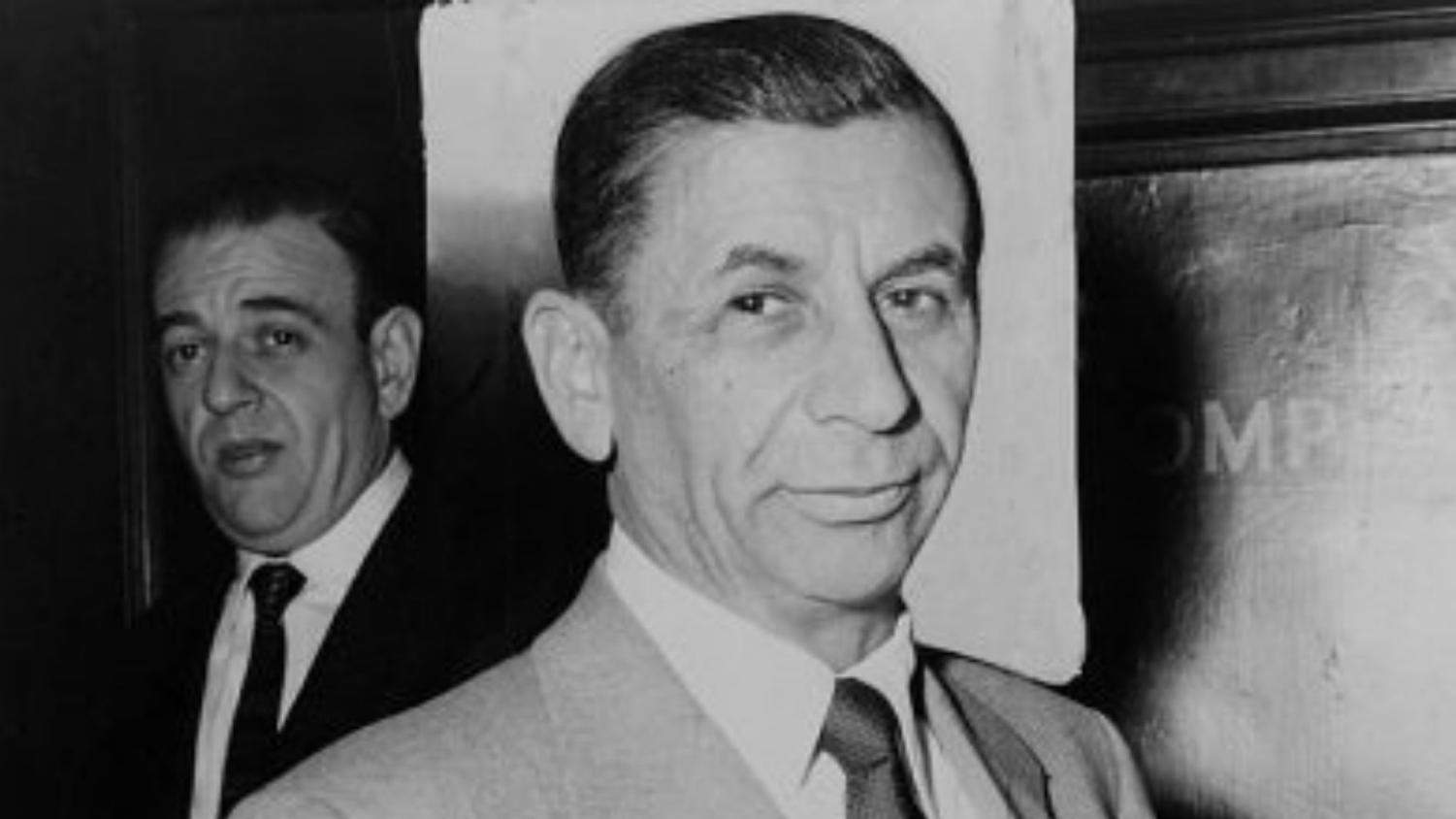
Who was Meyer Lansky?
Meyer Lansky, a Russian-Jewish immigrant, arrived in America in 1911, growing up alongside fellow iconic figure Bugsy Siegel on the Lower East Side of Manhattan. Lansky, often described as a man of integrity and strategic thinking, played a pivotal role in shaping the landscape of organized crime, leaving an indelible mark on Las Vegas and beyond.
Influence on Las Vegas:
Lansky’s influence extended to Las Vegas, particularly through his association with Bugsy Siegel. While Siegel managed the Flamingo on behalf of the Commission, Lansky, known as the accountant to the entire mob, maintained financial control. Following Siegel’s murder in 1947, Lansky retained a stake in the Flamingo for the next two decades, showcasing his enduring impact on the city’s underworld.
Crook or War Hero?:
Lansky’s legacy is a complex tapestry of criminal enterprise and intriguing alliances. Although he provided intelligence information during World War II, his motives remain unclear. Some argue that it was a bid for favor with government officials and self-preservation, engaging in possibly illegal activities like black market trading. His collaboration aimed to protect vital ports from enemy agents during the war.
Lansky’s notoriety peaked with his collaboration with Lucky Luciano in establishing the National Crime Syndicate. Despite engaging in various criminal enterprises, including bootlegging and gambling, Lansky avoided major convictions, leading a relatively affluent life until his retirement in the 1970s. His move to Israel marked the end of an era, and he passed away in 1983.
Famous Quotes:
Lansky’s quotes offer insights into his pragmatic worldview. Phrases like “We’re bigger than U.S. Steel” reflect his confidence, while others, such as “There’s no such thing as good money or bad money. There’s just money,” underscore his pragmatic approach to his criminal endeavors.
In retrospect, Lansky’s life remains a subject of fascination, with books, films, and television shows delving into the enigmatic figure. His influence on Las Vegas and organized crime continues to be a captivating chapter in American history. The Netflix series “Lansky” provides an intriguing exploration of his life.
It’s essential to approach Lansky’s quotes with a critical eye, recognizing the complexity of his character and the context of his time. These quotes serve as windows into the mindset of a man navigating the intricate world of organized crime.
Vegas History:
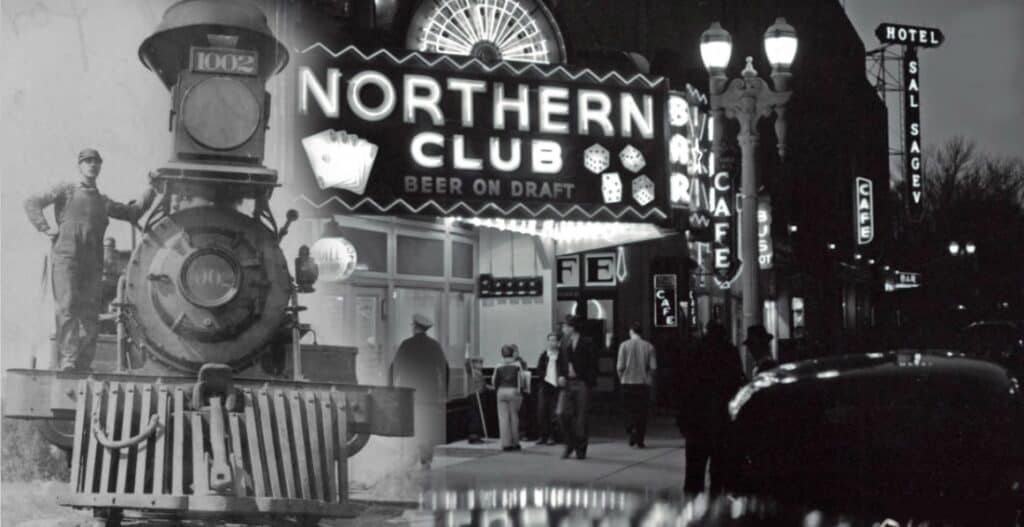
Las Vegas History: Railroad Development Paved the Way for Las Vegas to Become the Gambling Capital of the World
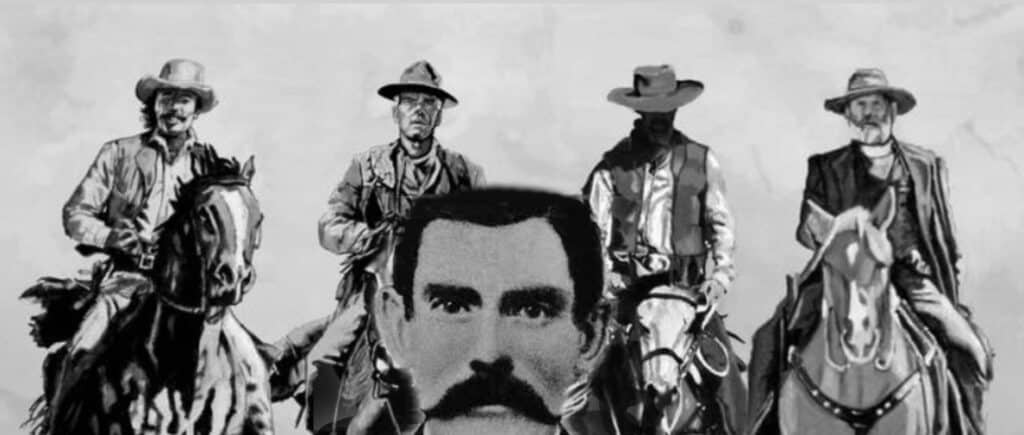
Las Vegas History: Doc Holliday Famous Gambler Gunslinger and Resident of Las Vegas

Las Vegas History: How Las Vegas’ First Telephone Exchange Made Bugsy Siegel’s Race Wire Possible

Las Vegas History: The Official Naming of Las Vegas 1905
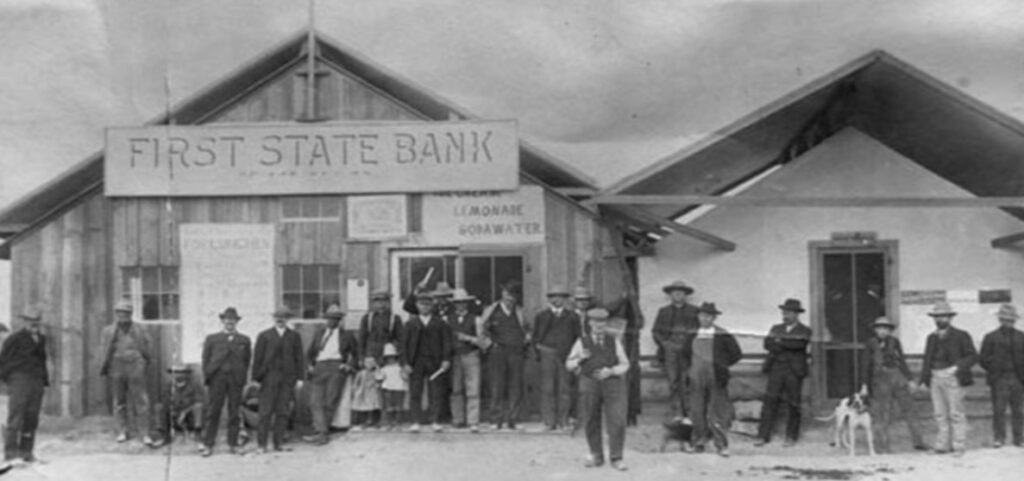
Las Vegas History: 1864 Las Vegas The Impact of Nevada Statehood
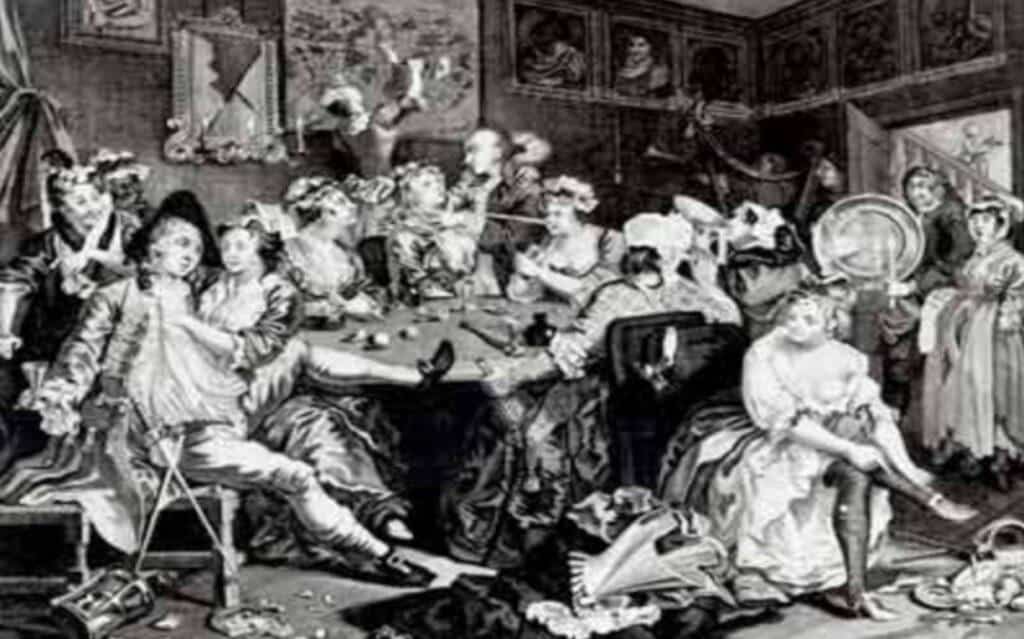
Las Vegas History: Las Vegas and It’s Vices in the 1850s
Frequently Asked Questions (FAQs):
1. Who was Meyer Lansky, and what was his role in organized crime?
Meyer Lansky was a Russian-Jewish immigrant who became a prominent figure in organized crime during the mid-20th century. Known for his strategic mind, Lansky played a key role in the development of the National Crime Syndicate.
2. What was Lansky’s relationship with Bugsy Siegel?
Lansky and Bugsy Siegel, both growing up on the Lower East Side of Manhattan, had a close association. Lansky was involved in the financial aspects, while Siegel managed operations, particularly the Flamingo in Las Vegas.
3. How did Lansky contribute during World War II?
Lansky provided intelligence information during World War II, aiding in protecting New York City’s ports. However, the motives behind his actions remain unclear, with speculation about self-interest and gaining favor with government officials.
4. What was Lansky’s influence on Las Vegas?
Lansky’s influence on Las Vegas was significant, especially through his financial control over casinos like the Flamingo. His impact extended beyond Siegel’s era, leaving a lasting mark on the city’s organized crime landscape.
5. Was Lansky involved in illegal activities during the war?
There are reports suggesting Lansky’s involvement in illegal activities, such as black market trading, during World War II. This highlights the complex nature of his collaboration with the U.S. government.
6. Did Lansky face any major criminal convictions?
Despite his involvement in various criminal enterprises, Lansky managed to avoid major convictions, leading a relatively affluent life until his retirement in the 1970s.
7. What is Lansky’s legacy in organized crime?
Lansky’s legacy includes his role in establishing the National Crime Syndicate and his influence on the development of organized crime in the United States. His life has been a subject of fascination in books, films, and television.
8. How did Lansky’s quotes reflect his mindset?
Lansky’s quotes, such as “We’re bigger than U.S. Steel” and “There’s no such thing as good money or bad money,” provide insights into his pragmatic and confident approach to organized crime.
9. What is the Netflix series “Lansky” about?
The Netflix series “Lansky” explores the life of Meyer Lansky, delving into his criminal activities, relationships, and the complexity of his character.
10. How did Lansky’s life impact Las Vegas and organized crime in the U.S.?
Lansky’s influence, particularly in Las Vegas, had a lasting impact on the city’s organized crime landscape. His strategic mind and financial acumen played a crucial role in shaping the trajectory of organized crime in the United States.





